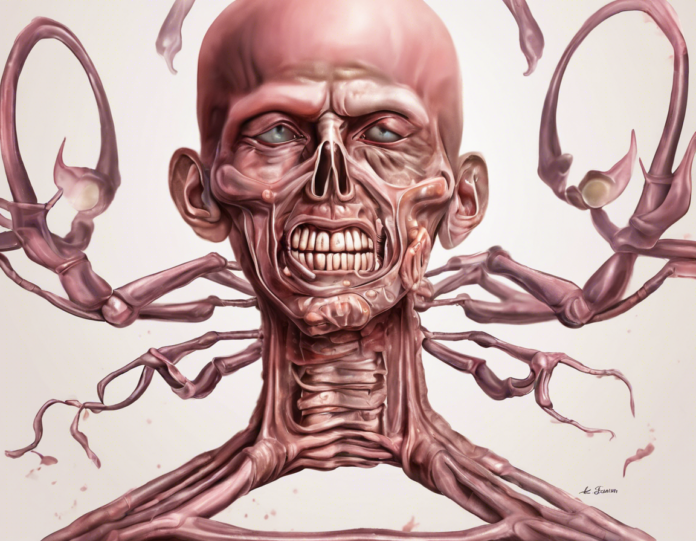Introduction
Cancer is a devastating disease that affects millions of people worldwide. Early detection and treatment are crucial for improving outcomes and survival rates. Recognizing the symptoms of cancer can help in prompt diagnosis and treatment. In this comprehensive guide, we will discuss various symptoms of cancer across different types, highlighting important warning signs that should not be ignored.
Types of Cancer and Their Symptoms
- Breast Cancer:
-
Symptoms:
- A lump in the breast or armpit
- Changes in breast size or shape
- Nipple discharge or changes
- Skin changes on the breast
-
Lung Cancer:
-
Symptoms:
- Persistent cough
- Chest pain
- Shortness of breath
- Coughing up blood
-
Colorectal Cancer:
-
Symptoms:
- Changes in bowel habits
- Blood in stool
- Abdominal discomfort
- Unexplained weight loss
-
Prostate Cancer:
-
Symptoms:
- Frequent urination
- Blood in urine
- Erectile dysfunction
- Pain in the back, hips, or pelvis
-
Skin Cancer:
- Symptoms:
- Changes in moles or lesions
- Sores that do not heal
- Unusual growths or spots on the skin
- Itching, tenderness, or pain in skin areas
General Symptoms of Cancer
Apart from specific symptoms related to particular types of cancer, there are some general warning signs that may indicate the presence of cancer. These include:
- Unexplained weight loss
- Fatigue
- Fever
- Pain
- Skin changes
If you experience any of these symptoms persistently, it’s essential to consult a healthcare professional for further evaluation.
When to See a Doctor
It’s crucial to pay attention to your body and seek medical help if you notice any persistent symptoms that are concerning. While these symptoms may not always indicate cancer, it’s better to get them checked by a healthcare provider to rule out any serious underlying conditions. Remember, early detection can save lives.
FAQs (Frequently Asked Questions)
- Q: Can cancer be prevented?
-
A: While it’s not always possible to prevent cancer, adopting a healthy lifestyle, avoiding tobacco, maintaining a healthy weight, and getting regular screenings can help reduce the risk.
-
Q: What role does genetics play in cancer risk?
-
A: Genetics can contribute to some types of cancer. Individuals with a family history of cancer may have a higher risk, but it doesn’t guarantee the development of the disease.
-
Q: Are all lumps in the body a sign of cancer?
-
A: Not all lumps are cancerous. Many lumps are benign, but it’s essential to have any new lump checked by a healthcare professional to rule out cancer.
-
Q: How is cancer diagnosed?
-
A: Cancer diagnosis often involves imaging tests, biopsies, blood tests, and other diagnostic procedures to determine the presence and type of cancer.
-
Q: What are the treatment options for cancer?
- A: Treatment for cancer depends on the type and stage of the disease. Options may include surgery, chemotherapy, radiation therapy, immunotherapy, targeted therapy, or a combination of these.
In conclusion, being aware of the symptoms of cancer and seeking prompt medical attention can significantly impact the prognosis and overall outcome. If you have any concerns or notice any persistent changes in your body, do not hesitate to consult a healthcare professional. Your health is invaluable, and early detection plays a crucial role in the fight against cancer.

